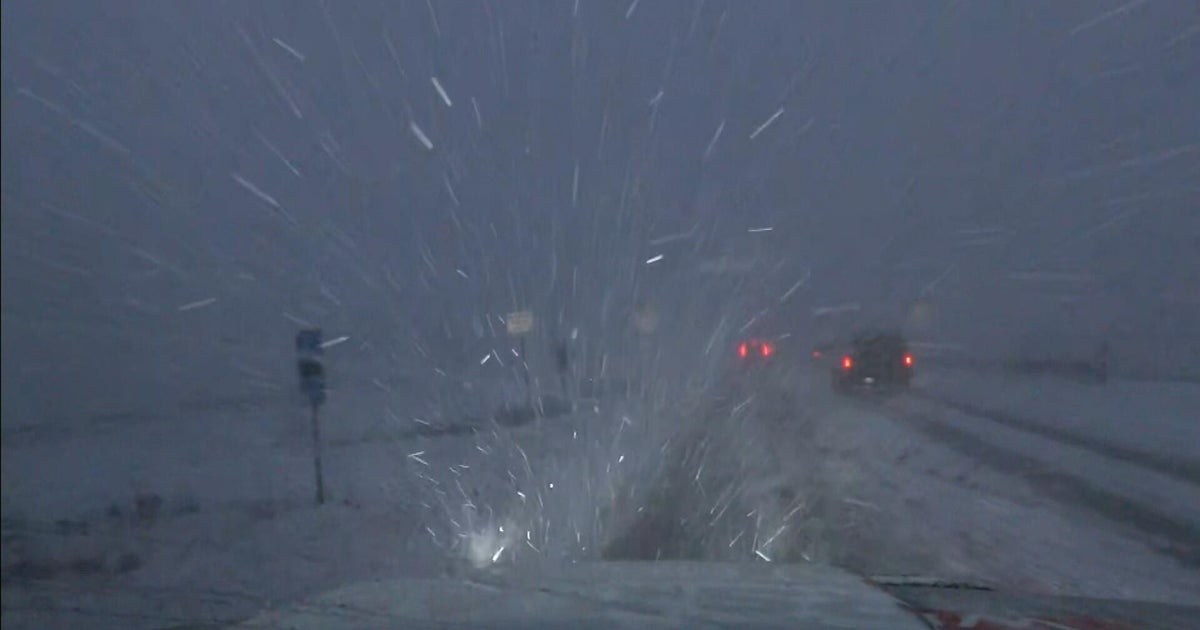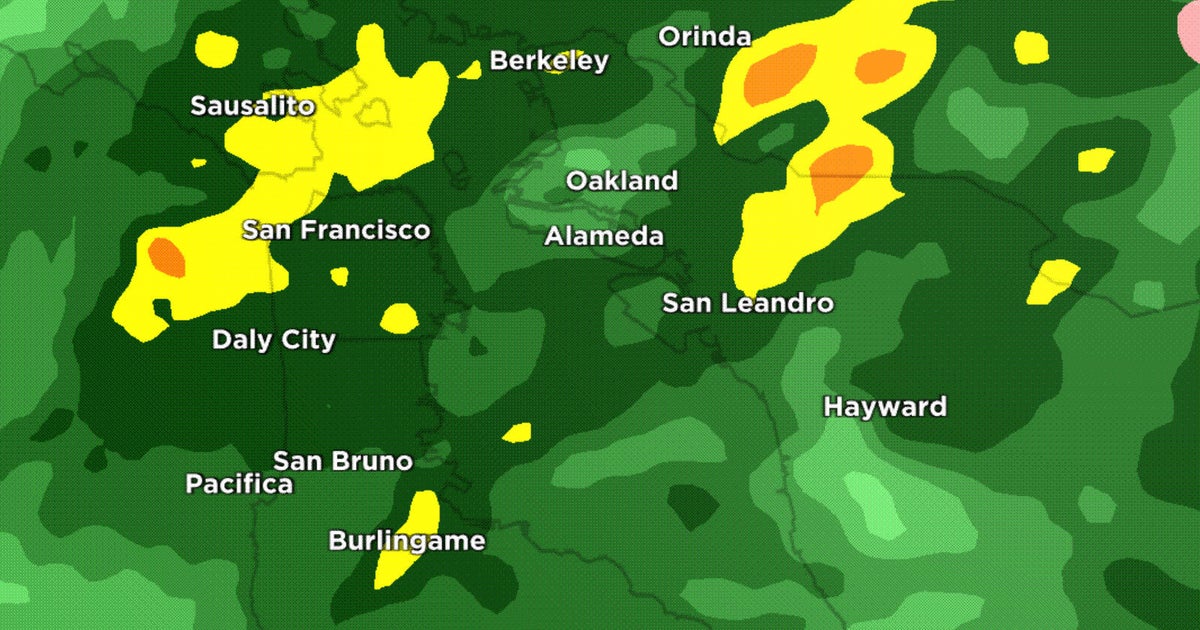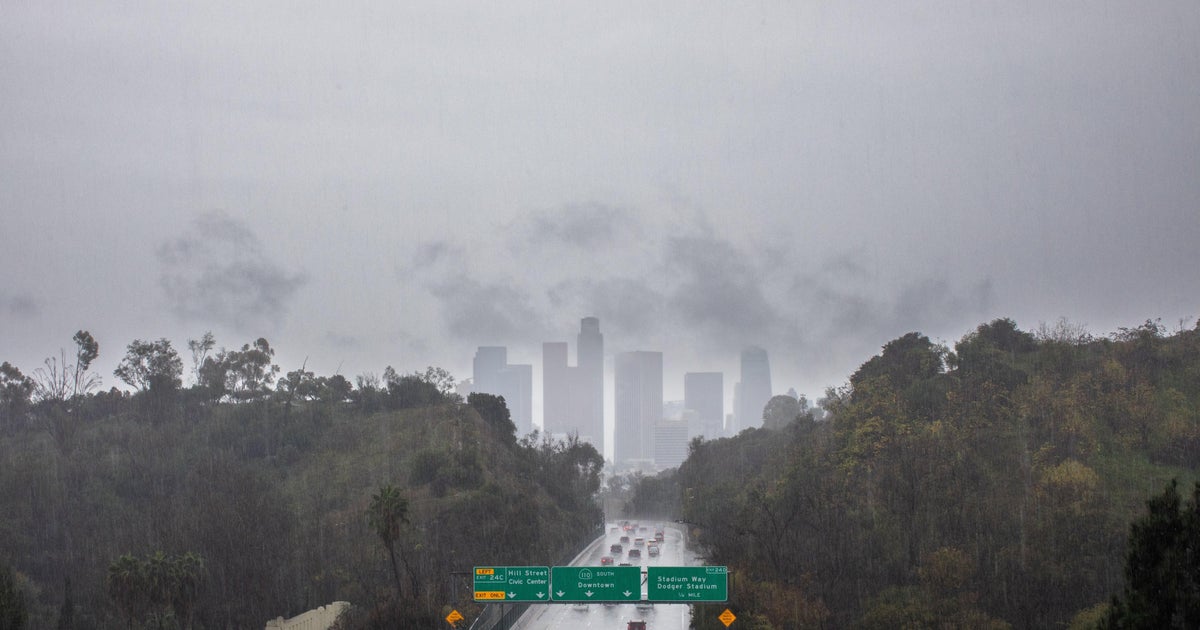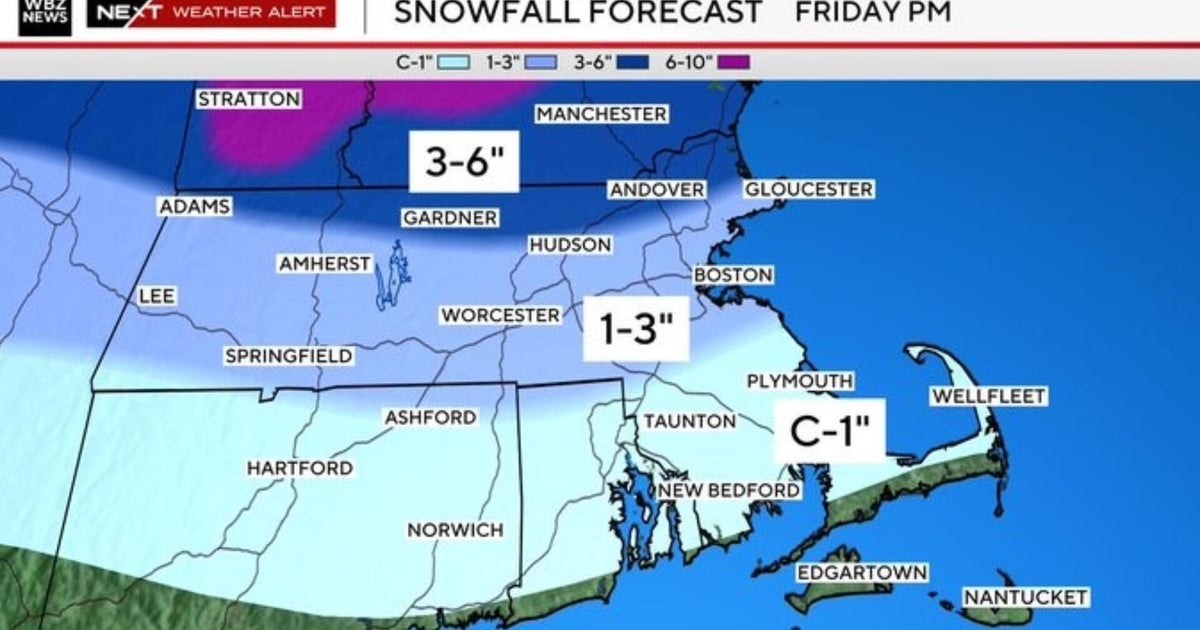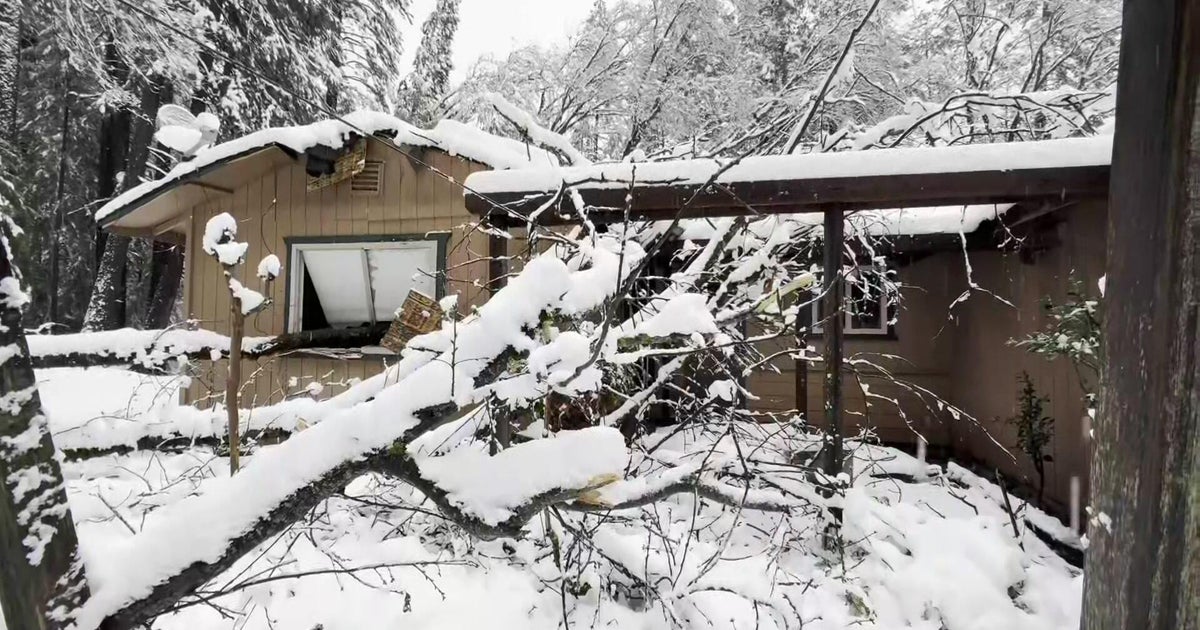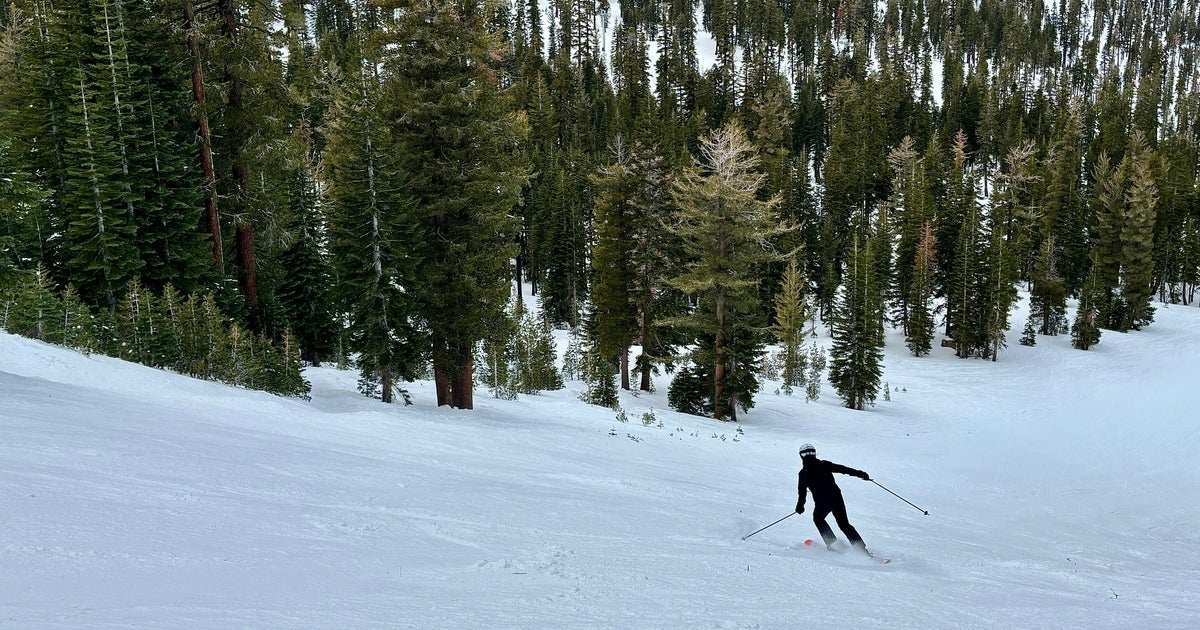Geomagnetic Storm In Progress, Auroras Possible If It Strengthens
By Chris Spears
DENVER (CBS4) - NOAA's Space Weather Prediction Center posted on Facebook Thursday that a Moderate (G2) Geomagnetic Storm erupted around 12 p.m. Mountain Time and that it could strengthen over the next 24 hours.
The weather agency has issued a Strong (G3) Geomagnetic Storm Watch through Friday.
Under current conditions the Aurora Borealis, or Northern Lights, should be visible in locations with clear skies across northern Europe.
But Canada and the northern United States could see aurora viewing conditions should the storm strengthen.
Click here to follow the latest updates.
AURORA VIEWING IN COLORADO
While conditions aren't likely at this point for viewing the Aurora Borealis as far south as Colorado, solar storms are dramatic, and can flare up with little notice.
Just in case we get lucky and see the storm strengthen, here are a few things to help you know what to monitor on the Space Prediction Center's website.
CHECK THE G-RATING
Geomagnetic storms are given a rating on a scale of 1-5 with 1 being a minor event and 5 being classified as extreme.
For a good viewing of the Aurora Borealis in Colorado you want the G-rating to be at least a 3, but ideally a 4 or higher.
The image below shows the Space Weather Center's home page with a red arrow pointing at where to find the latest observed G-rating.
CHECK THE KP INDEX
The KP Index is used the characterize the magnitude of geomagnetic storms.
It's value is an indicator of disturbances in the Earth's magnetic field and is used to determine if alerts and warnings are needed for those who operate things like power grids and communication equipment.
It's also a great number to watch for the potential viewing of the Aurora Borealis.
"In Colorado, if the KP Index gets above 6.5, the northern lights are potentially visible in the northern part of the state under very dark skies," said Jeff Tropeano with the Denver Astronomical Society.
Numbers as high as 8 mean there is potential for the Aurora Borealis to be seen as far south as Denver with dark skies.
"If it hits 9 or higher then you better get outside fast," said Tropeano.
Remember, anything above a 6 is worth investigating but the sweet spot is closer to 8 or higher.
Meteorologist Chris Spears writes about stories related to weather and climate in Colorado. Check out his bio, connect with him on Facebook or follow him on Twitter @ChrisCBS4.


